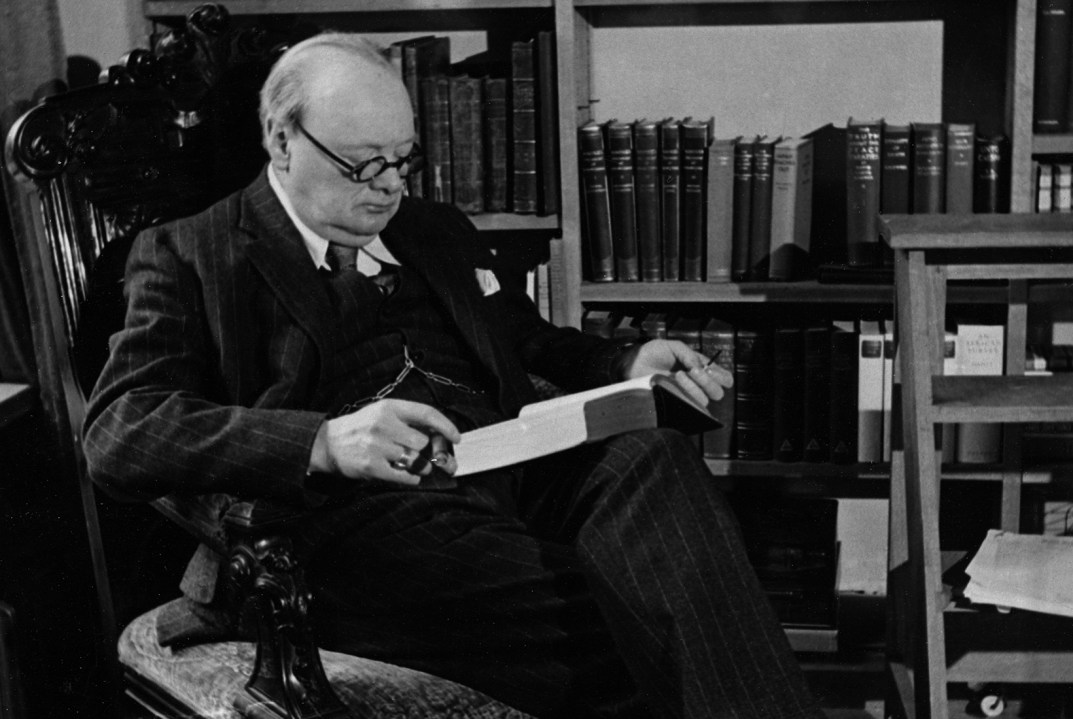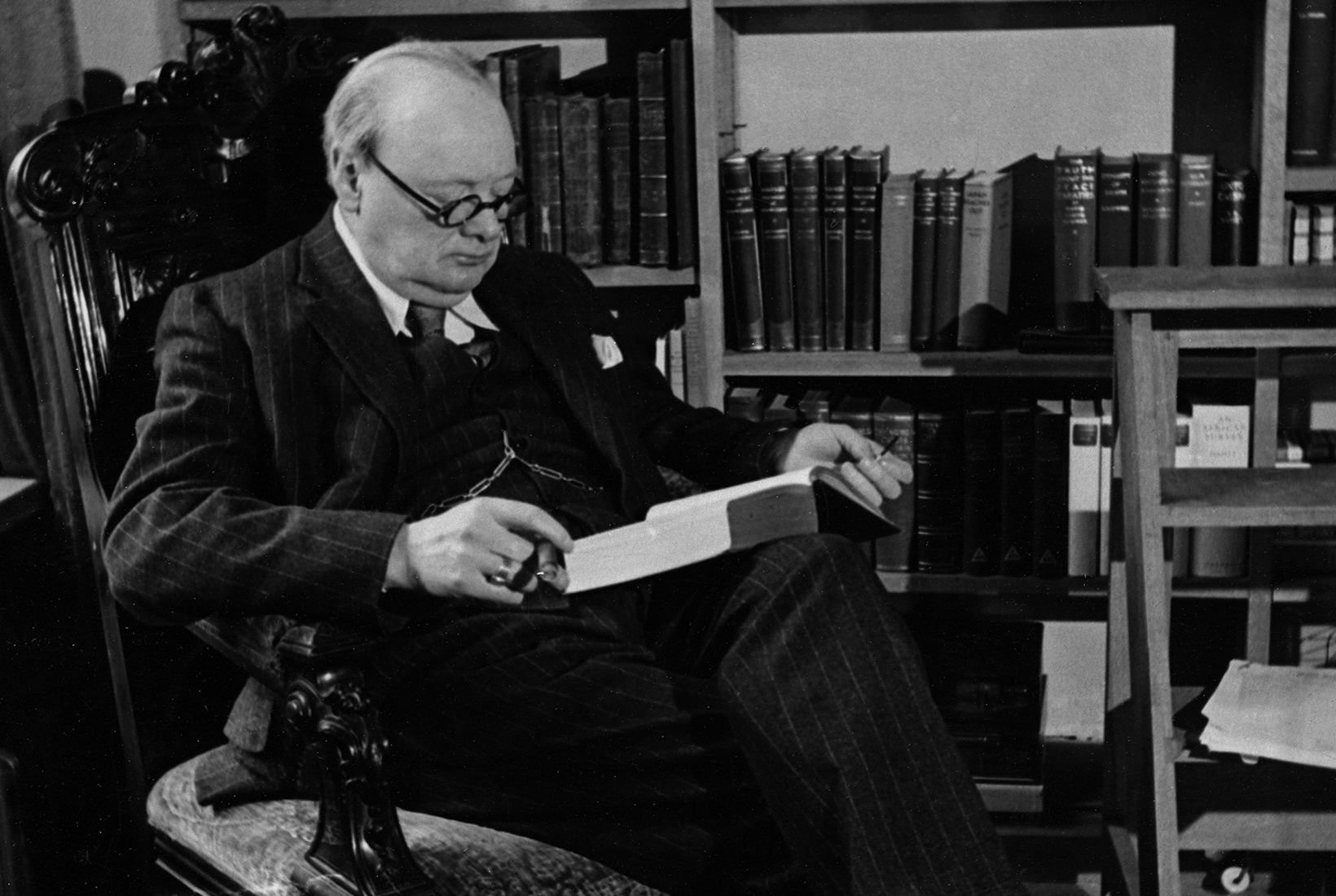Working from home has been on the rise for years. No one expected the latest surge to happen in the way it has, but now that we’re here, what can we learn about home-working from those who have already done it?
The first rule — even when times are normal — is: make sure you stay at home. Victor Hugo resisted the temptation to go out by ordering his valet to hide all his clothes. The Greek statesman Demosthenes achieved the same result by shaving half of his head. Whenever he felt the need for exercise, Cardinal Richelieu jumped over his furniture.
But even at home, the scope for procrastination is endless. Any writer will tell you that the first result of a deadline is your ironing gets done. So you need a routine. The good news is that, unlike in the office, you can create your own. Honoré de Balzac rose at midnight and worked until dawn, when he treated himself to an hour-long bath. The latter element was copied from Napoleon, though Balzac also channelled the Two Ronnies — he worked at a desk lit by four candles.
Another good thing is that you can take your time to get things right, improving your work gradually rather than aiming for perfection first time. As P.G. Wodehouse finished each page of a book he was writing, he would pin it to his office wall at a height indicating how good it was. Pages still needing work were lower down, and after being rewritten would make their way upwards. The idea was to get the whole manuscript up to the picture rail.
Food is tricky. You can use it as an incentive — the snooker player Steve Davis allowed himself a cheese and Marmite sandwich only after potting a certain number of balls in practice — but too much incentivisation will threaten your waistline.









Comments
Join the debate for just £1 a month
Be part of the conversation with other Spectator readers by getting your first three months for £3.
UNLOCK ACCESS Just £1 a monthAlready a subscriber? Log in